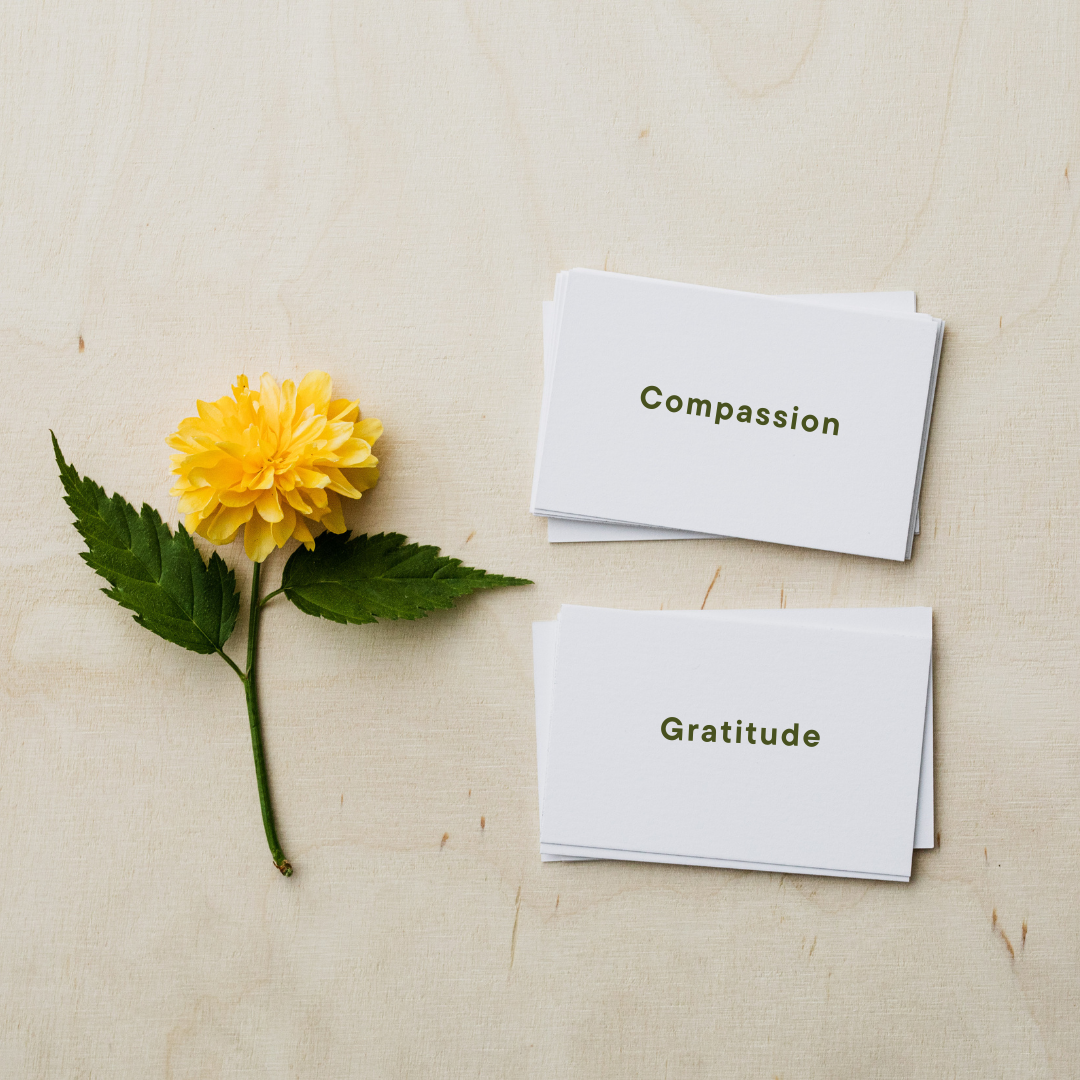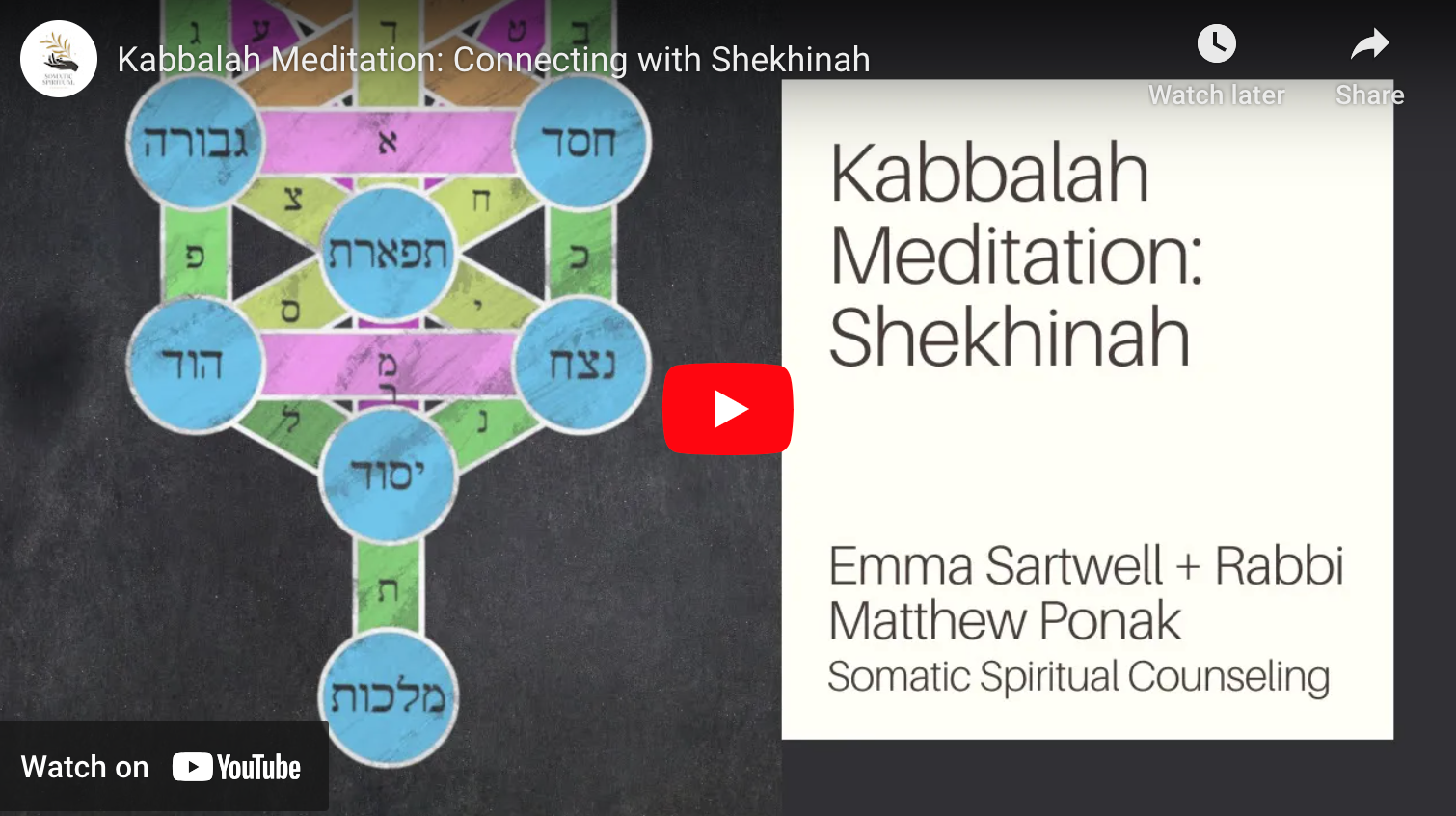Why use the word disgusting? Because when we’re falling apart, when we’re dying, when things are changing or there’s a big transformation, it’s usually messy and it doesn’t look good. We usually don’t know. We’re not sure how to answer questions. We can’t sum up what’s happening. We might not feel put-together, professional, or presenting well to those around us, so we can feel a bit disgusting . . .
VIDEO TRANSCRIPT
Hi, this is Dara del Rio with Somatic Spiritual Counseling, and today’s video is about being disgusting and how it’s okay to be disgusting.
The Season for Decay + Death
So, let’s start with the seasons. We have different seasons in the year and in our lives as well. We’ve got the spring, when things are coming out of the ground and they’re fresh. And the summertime, when everything blooms and starts to ripen, and there’s a lot of outer engagement with the world, and social connections heat up. A lot of people travel during the summer. And then we have the fall, when things start to wind down. And the winter, where things go into hibernation or dormancy, or die. And then comes the spring again afterwards.
And so, this video, when we’re talking about being disgusting. If we were to map it on to the seasons, usually when we feel disgusting is either in the fall and the winter, when things die or become underground, or we go through a period of transformation or change.
So, our culture is really comfortable with keeping things together, with being successful under any circumstances, with repressing feelings. But we’re not as comfortable when it comes to falling apart, when it comes to grieving a loss, when it comes to going through a major identity shift or a change of any kind.
And perhaps you’ve noticed this either in your own life or in the life of a loved one. If we or someone else is going through an identity shift, there’s usually a lot of lashing out or just uncomfortableness with those around them, because we’re used to people staying the same. We’re used to status quo.

Why “Disgusting?”
So, why do I use the word “disgusting”? Because when we fall apart, when we’re dying, when things are changing or there’s a big transformation, it’s usually messy and it usually doesn’t look super good. We usually don’t know. We don’t know how to answer questions. We don’t know what’s happening. We might not be able to be super put-together or professional or present well to those around us, so we can feel a bit disgusting.
And like anything else, everything is here, we’re here, there’s always going to be disgust. And it’s not really workable to say, “Oh, I’m not that. I’m just these good qualities.” We’re all disgusting sometimes, right? I mean, when we all are secretly by ourselves, maybe we’re picking our nose and wiping it somewhere, or just doing a number of things. But we all have these little habits. And I think the more comfortable we can be in those little habits that are gross and accept them as part of who are, the more that can ripple out to bigger things. In this case, falling apart in a bigger way.
How to Fall Apart
So, what does it look like to fall apart? It usually looks like an unraveling. There’s some sort of disillusion with the status quo or the way things are, and a knowledge that things can’t go on being this way anymore. There has to be a shift. And so, that decision is made. But in between the time the decision for a shift is made and the time where we actually have a fully-formed new concept of self or a way of going forward, there’s a big gap in between. And that gap is the unknown, the messy, the possibly disgusting part.
And so, let’s say we’ve just come to terms with things, and maybe this is a process of coming to terms with things need to be different, and then we forget about it. And then we come back and we say, “No, things really need to be different.” And then there’s usually a commitment of some sort, or at least an acknowledgment or an inability to unsee what you’ve seen, like “Okay, yeah, this really is true.” And so then begins this unraveling process.

Identity Shifts: The Great Unraveling
And what happens during this unraveling? Well, it’s different for different phases of our life or what transition we’re going through. Maybe it’s a career transition, or maybe it’s a transition from being a woman to being a mother. That’s a big identity shift. Things start to change and fall away and transition. Maybe we change our partnership dynamics. Maybe there’s a change in how we eat, and how we dress, and our lifestyle. Maybe we change locations.
Maybe it’s none of those things, and it’s something more subtle. But there’s always a change.
And change typically tends to be destabilizing to our nervous system, especially when we don’t have a huge capacity or resiliency for adaptation. So, that can feel destabilizing and that can create a feeling of messiness or even disgust. And so, that’s where we can find ourselves when we’re going through these transitions: in this place of icky, unknown.
I just think when we ask somebody, “Hey, how are you doing today?” how off-putting would it be if somebody said, “I don’t know,” right? I mean, it’s unexpected, and it is unsettling in a sense, or it can be.
Making Peace with the Messy
So, how do we make peace with that? How do we make peace in these transitory spaces? Well, one way to do that is to find a manageable amount of icky or disgusting, and stay with it. Maybe it’s only 30% of the full experience that you’re having, or maybe it’s even just 10% or 1%. And we ask ourselves, “Hey, I’m just going to work with this 1% of this feeling for now, just to get a taste of it,” and then we just sit with it, and we see what happens.
Usually what happens is it’s not actually as bad as we think, and it feels a little more comfortable, and we can relax a little bit more. And we just do that. We do that process until it feels okay to relax into being disgusting or being messy or not knowing the answers or being in a transition space. And this can be a really freeing and empowering place to be when we can fully accept not knowing.
And not only that, but when we do fully embrace this stage, it creates a healthier and more easeful and more fruitful transition into whatever comes next. When those seeds do start sprouting and something emerges anew in this spring, a new phase of our life, it can be a fuller and healthier embodiment of newness and novelty and change.
I like to use the analogy of this messy place in between, when a caterpillar goes into its little cocoon, its body starts to decompose, and its body decomposes over a period of a few days. And at some point, there’s a moment where it’s completely goo in there. There’s no structure of the butterfly that’s begun to form, yet the caterpillar is completely gone. It’s pure goo. And yet within that goo contains the memory of the past and also the future. There’s something there. Even though it’s not formed at all, there is a movement towards the butterfly. And of course, then it eventually starts to form, and it feels maybe a bit more secure or a bit more steady because there’s some direction or sense of “Okay, I’m starting to see the butterfly coming online.” And eventually it comes out of its cocoon, and that’s the process.
But staying with the goo and the mess, and allowing ourselves to feel gross. It doesn’t have to be gross, but sometimes it is. And that’s okay too, right? It’s part of our experience as humans.
Staying With the Unknown: Embracing Change
So, I’m curious what this brings up in you. If you’ve had any major life transitions or you feel yourself embarking on one now, what’s your relationship with the unknown or with staying with uncertainty and change? What is that like? What does it evoke in you? How does your belly feel when you think about that concept or idea? And if you’d like to share, please feel free to leave a comment or reach out to us. You can find us at our website, somaticspiritualcounseling.com. We look forward to hearing from you, and I hope you enjoy this video. Thanks for watching.
Learn more about somatic therapy here.
—————————————————————————————————————————




